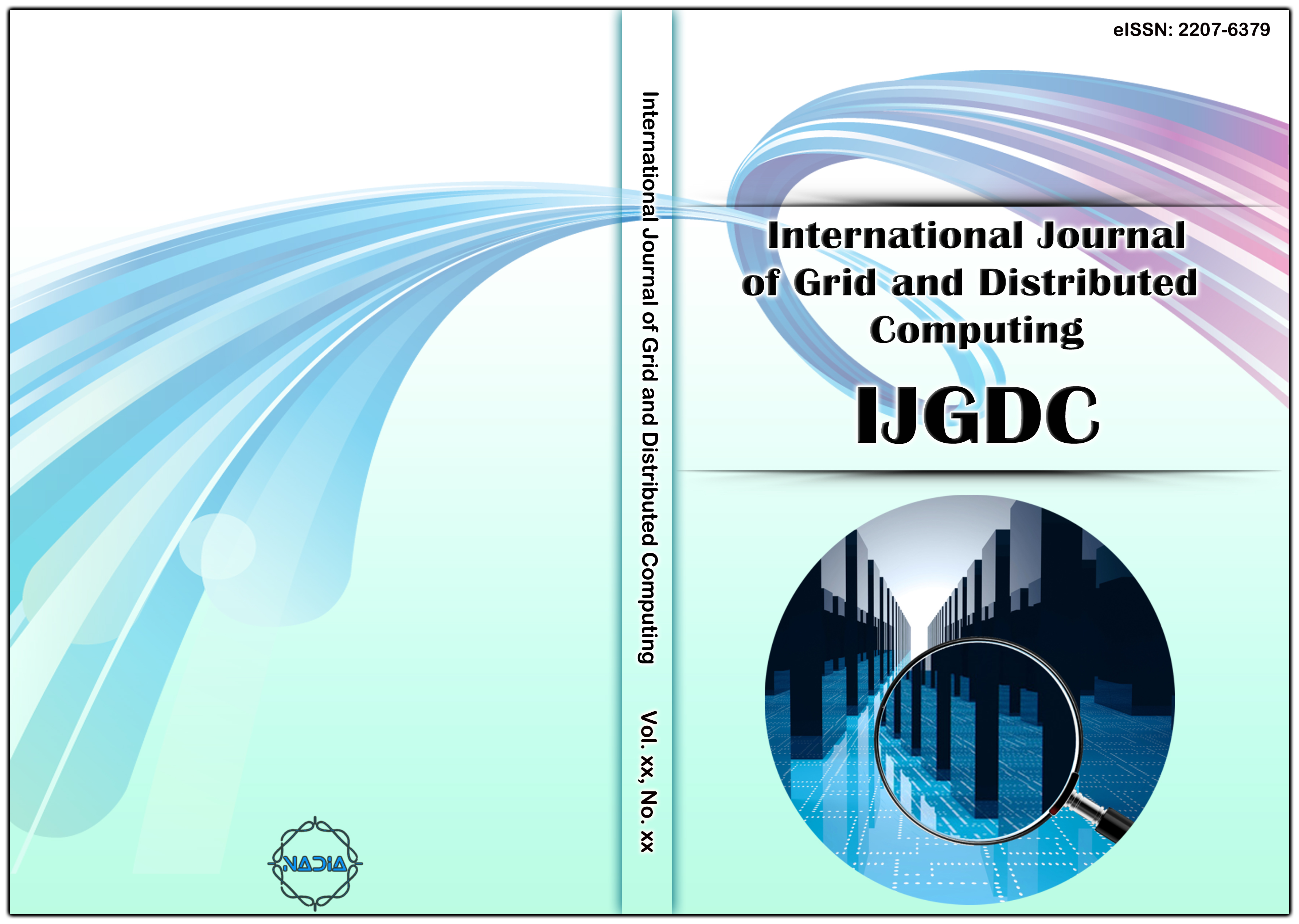[1] United Nations Development Programme Website. Accessed: November. 5, 2020. [Online]. Available: http://www.undp.org/content/undp/en/ home/sustainable-development-goals.html.
[2] United Nations Development Programme Website. Accessed: November. 5, 2020. Transforming our world: the 2030 Agenda for Sustainable Development [Online]. Available:https://sustainabledevelopment.un.org/post2015/transformingourworld.
[3] United Nations Development Programme Website. Accessed: November. 5, 2020. [Online]. Available: https://sdgs.un.org/goals.
[4] M. Ali-ud-din Khan, Muhammad Fahim Uddin, Navarun Gupta “Seven V’s of Big Data Understanding Big Data to extract Value.” IEEE Proceedings of 2014 Zone 1 Conference of the American Society for Engineering Education (ASEE Zone 1), Bridgeport, CT, USA, 3-5 April 2014, pp. 1-5. IEEE Xplore, https://ieeexplore.ieee.org/document/6820689/.
[5] Ministry of Communications and Information Technology, KSA Website. Accessed: November. 10, 2020. [Online]. Available: https://www.my.gov.sa/wps/portal/snp/pages/ SDGPortal/!ut/p/z0/04_Sj9CPykssy0xPLMnMz0vMAfIjo8zi_QxdDTwMTQz93YMt3AwCzXyMg1wMAw0NLA31g1Pz9AuyHRUBEXub1w!!/.
[6] Urmee, T., Harries, D. and A. Schlapfer, “Issues related to rural electrification using renewable energy in developing countries of Asia and Pacific”, Renew Energy, vol. 34, no. 2, (2009) February, pp. 354-357.
[7] IEEE Sustainable ICT, IEEE Website. Accessed: November. 19, 2020. [Online]. Available: https://sustainableict.ieee.org/.
[8] Data Science Dogo Website. Accessed: November. 10, 2020. [Online]. Available: https://blog.datasciencedojo.com/machine-learning-algorithms/.
[9] Walsham, G., “Interpretive case studies in IS research: nature and method”, European Journal of Information Systems, vol. 4, no. 2, (1995), pp. 74-81, https://doi.org/doi:10.1057/ejis.1995.9I.
[10] Carbonell, I., “The ethics of Big Data in big agriculture”, Internet Policy Review, vol. 5, no. 1, (2016), pp. 1-13.
[11] Rahim, A., “IoT and data analytics for developing countries from research to business transformation”, in Economics of Grids, Clouds, Systems, and Services (Lecture Notes in Computer Science), C. Pham, J. Altmann, and J. Bañares, Eds. Cham, Switzerland: Springer, vol. 10537, (2017).
[12] Elijah, O., Rahman, T. A., Orikumhi, I., Leow, C. Y. and Hindia, M. H. D. N., “An overview of Internet of things (IoT) and data analytics in agriculture: Benefits and challenges”, IEEE Internet of Things J., vol. 5, no. 5, (2018) October, pp. 3758-3773.
[13] Asi, Y. M. and Williams, C., “The role of digital health in making progress toward Sustainable Development Goal (SDG) 3 in conflict-affected populations”, International Journal of Medical Informatics, vol. 114, (2018), pp. 114-120.
[14] Nunes, A. R., Lee, K. and O'Riordan, T., “The importance of an integrating framework for achieving the Sustainable Development Goals: the example of health and well-being”, BMJ Global Health, vol. 1, no. 3, (2016).
[15] Shiroishi, Y., Uchiyama, K. and Suzuki, N., “Society 5.0: For Human Security and Well-Being”, IEEE Computer J., vol. 51, no. 7, (2018) July, pp. 91-95.
